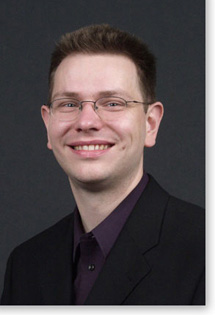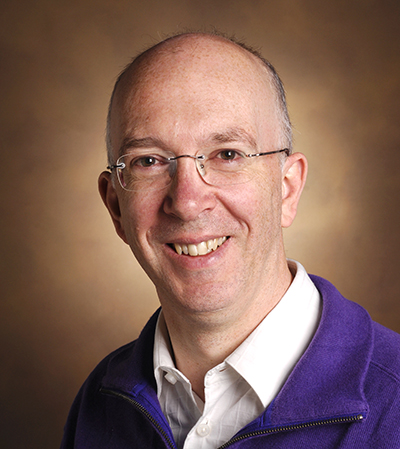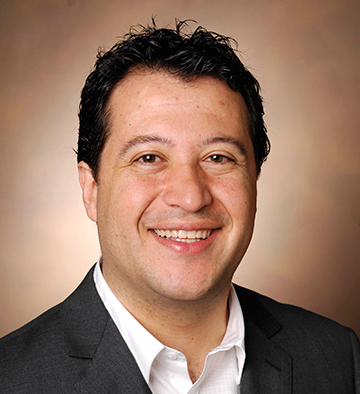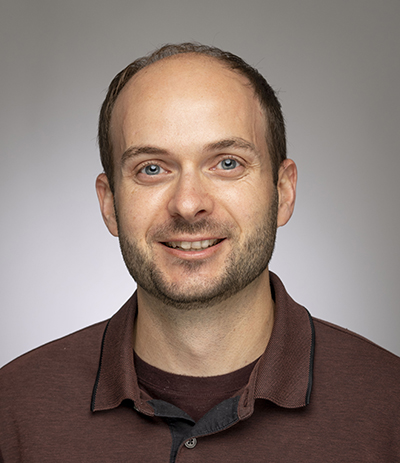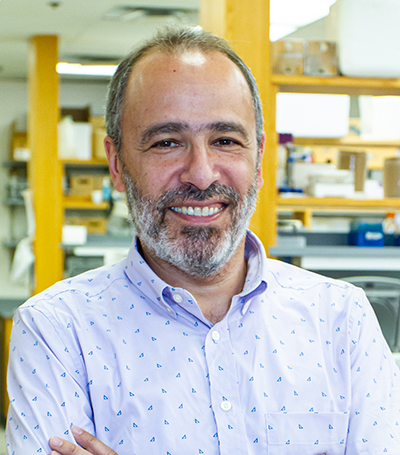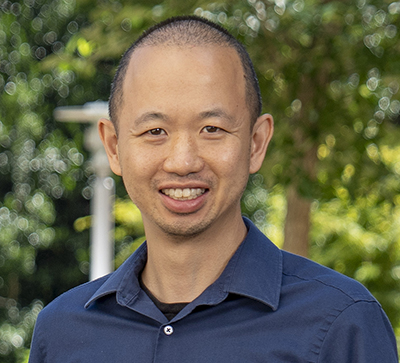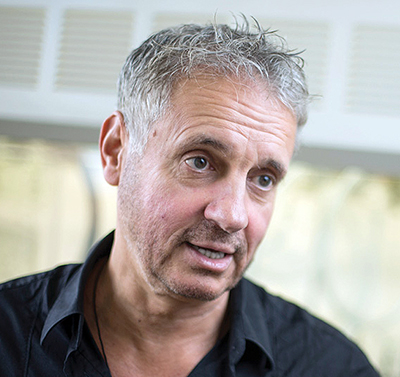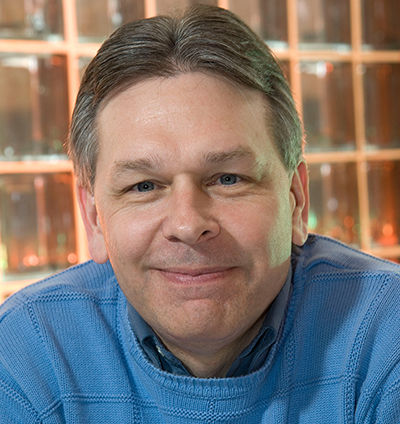Vanderbilt Basic Sciences
Impaired neutrophils in autoimmunity
Jan. 27, 2022—Patients with autoimmune diseases such as systemic lupus erythematosus (SLE) have higher blood levels of the protein S100A9, but the source of this protein has not been identified. Andrew Monteith, PhD, Eric Skaar, PhD, MPH, and colleagues reasoned that high S100A9 may reflect increased levels of the protein in neutrophils, where it influences antibacterial activity...
Eichman, Meiler and five Vanderbilt faculty elected AAAS fellows in 2021
Jan. 26, 2022—Seven Vanderbilt University and Vanderbilt University Medical Center faculty members have been elected 2021 fellows of the American Association for the Advancement of Science, an honor bestowed upon AAAS members by their peers. Among those elected is Provost and Vice Chancellor for Academic Affairs Cybele Raver, for her contributions to improving early childhood learning and...
First-time isolation of Glucose-6-phosphatase leads to novel discoveries
Jan. 25, 2022—Researchers from the labs of Hassane Mchaourab and Richard O’Brien, both professors of molecular physiology and biophysics, have successfully isolated active glucose-6-phosphatase (G6Pase) and characterized its biophysical and biochemical properties. G6Pase dysfunction is a primary contributor to metabolic diseases, including diabetes, and labs have been trying for years to isolate it without success. “This work...
Lopez lab develops computational tools to further understanding of complex biological systems
Jan. 20, 2022—The history of hermeneutics started with Aristotle—parts comprise the whole. To understand the whole, we need to understand the parts. And to understand the parts, we need to understand them in the context of the whole. Carlos F. Lopez, associate professor of biochemistry, described this concept and its connection to systems biology. The biomedical research...
Vanderbilt scientist’s team project wins $55,000 to research fundamental cell behavior
Jan. 7, 2022—Lars Plate, assistant professor of chemistry and biological sciences, is on a team that won $55,000 from Scialog’s initiative, Chemical Machinery of the Cell. The award—one of 24 granted to 21 researchers in the U.S. and Canada—will enable Plate to pursue collaborative research to advance fundamental understanding of chemical machinery and reactions in intact cells. Scialog’s name is a mélange of...
Study explores how bacteria become drug resistant
Jan. 6, 2022—Researchers at Vanderbilt University and the University of Arizona have revealed more of the inner-workings of a two-stage “molecular motor” in the cell membrane that enables bacteria to become resistant to drugs. Their findings, which were reported recently in the journal Nature Chemical Biology, will aid the search for inhibitors that can “turn off” the...
Study sets framework for precision surveillance of colorectal cancer
Dec. 17, 2021—A team of Vanderbilt researchers has revealed some of the mechanisms by which polyps develop into colorectal cancer, setting the framework for improved surveillance for the cancer utilizing precision medicine. Their study, published Dec. 14 in Cell, describes findings from a single-cell transcriptomic and imaging atlas of the two most common colorectal polyps found in...
Six from Vanderbilt among most highly cited researchers
Nov. 24, 2021—Six current faculty members at Vanderbilt University Medical Center have made this year’s list of scientists whose papers have been cited most frequently by other researchers. They are among 6,600 researchers around the world identified by the global analytics firm Clarivate whose publications rank in the top 1% by citations for field of research and...
Professor makes Vanderbilt-discovered cancer targeting molecule freely available to researchers through collaboration with Boehringer Ingelheim
Nov. 15, 2021—Stephen Fesik, Orrin H. Ingram II Chair in Cancer Research, has conducted pioneering research on some of the most difficult drug discovery targets in cancer research. As a result of his lab’s discoveries, molecule-specific data has been made freely available for download to cancer researchers on the opensource platform opnMe.com, which is an initiative being driven...
Scott Hiebert, PhD awarded grant from V Foundation to support study of pediatric soft tissue sarcoma
Oct. 29, 2021—The V Foundation for Cancer Research has awarded a $600,000 grant to Scott Hiebert, PhD, professor of Biochemistry and Medicine, to pursue a possible precision therapy for a type of sarcoma that predominantly affects children. Scott Hiebert, PhD Hiebert, the Hortense B. Ingram Professor of Cancer Research, will develop a precision therapy for PAX3-FOX01-dependent rhabdomyosarcoma....

